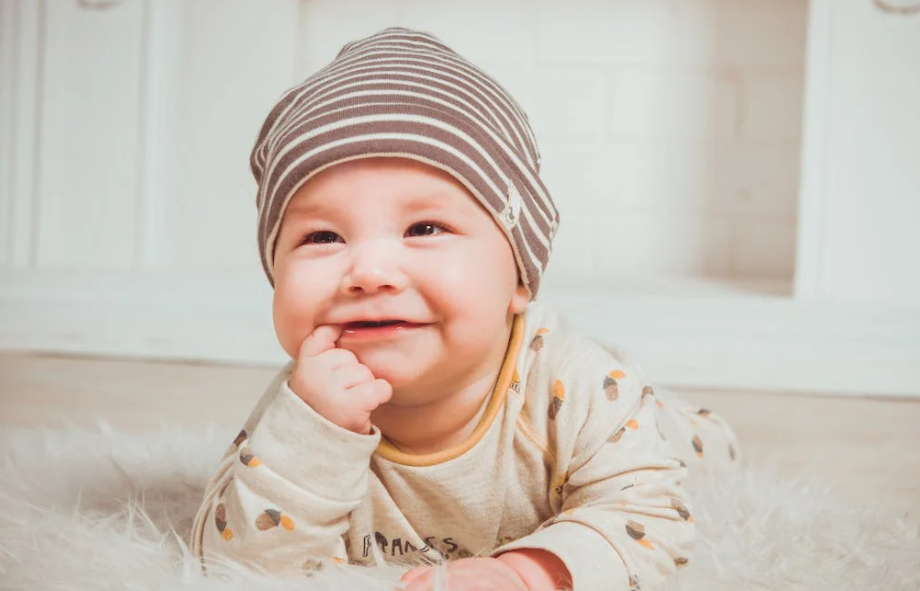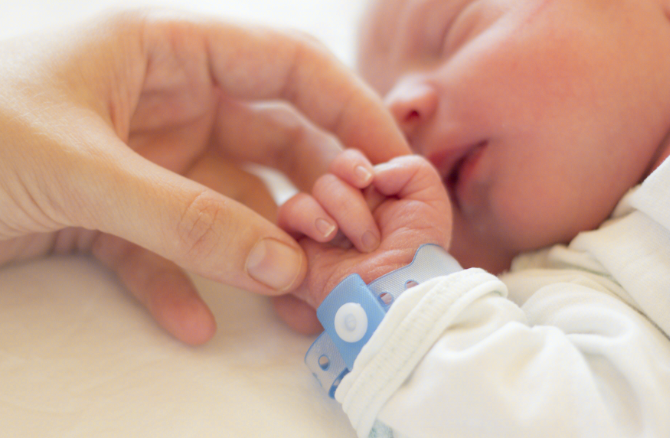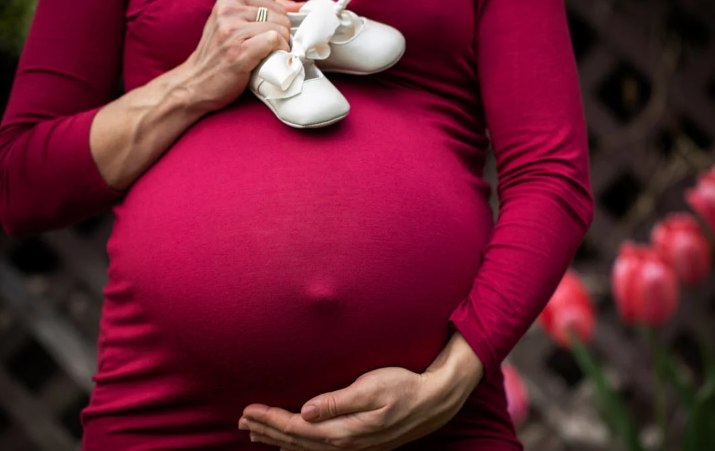To be honest, deciding to use donated eggs for in vitro fertilization is not an easy decision. Many times, couples ask themselves repeatedly in their hearts, "Are we really ready
For many expectant mothers, the most heart wrenching and difficult to let go question is "Will my child be like me
After all, half of this little life's genes come from egg donors, and the other half come from partners or sperm providers. It feels complicated just thinking about it. But precisely because of this, many people are still unable to make up their minds.

You are not alone in your struggles. The question you are asking is also one of the most frequently heard and emotional questions we have accompanied countless families:
Will a child born from donated eggs really be like me? If it's not his/her biological genes, can he/she still call me mom? Is there any special connection missing between us? There is no 'standard answer' to these questions. But if you have come this far, it means you have the courage. Then, you will gradually understand that "like or not like" is not just about genes the final say.
So, will the child borrowing eggs be like you? To be honest, most people's first reaction is, "No, her genes are not hers
But is that really the case?
Actually, the answer is not so absolute. Whether a child looks like you or not is not only related to genetics, but also to the way you choose an egg donor.
Nowadays, many people use egg banks to find donors. Legitimate institutions will screen egg donors from various aspects, including appearance, health status, family history, and even personality traits.
This means that you can select "compatible" egg donors based on your appearance and characteristics. For example, you can find someone whose skin color, eye color, and facial shape are similar to yours, and some mothers may even try to influence their child's gender in a natural way.
Although you cannot 100% determine a baby's appearance, you have a sense of control over this process, which is important, especially when you feel that everything is "involuntary".
Phenotypic expression: The way a child "resembles" you is actually beyond imagination. Even if the egg does not come from you, the child may not have "nothing to do with you".
Why? Because the child grows up in your uterus, this process itself quietly influences many of his traits.
We all have two types of 'information' operating in our bodies:
One is called genotype (which determines your eye color, hair color, height), and the other is called phenotype (which determines your facial expressions, speech style, emotional reactions). Phenotype is something that you and your baby can share.
Have you ever noticed that some twins, although genetically identical, have completely different personalities and preferences? This is the result of environmental impact. And your embrace, your voice, your diet and emotions during pregnancy - all will be 'written' into the baby's growth memory.
For example, a child may have lips that resemble their father's, but the curve of their smile and the familiar little expression on their face are very much like yours.
This is not mysticism, this is science.

What will the baby of an anonymous egg donor look like? Many egg banks offer two options:
Anonymous donors (with the other party's identity kept confidential) Open identity donors (who can be contacted when the child reaches adulthood) Many people mistakenly think, "If I use someone else's eggs, the child has nothing to do with me." In fact, this is not the case.
Although you are not involved in the genetic makeup of your baby, you are deeply involved in his growth environment. Your temperament, tone, and habits will be silently imitated and absorbed by this little person. If you don't say it, he's also watching; If you don't teach, he is still learning.
So, when you accept the fact that 'he may not look like you', it becomes easier to discover that he is becoming more and more like you.
This image is not a copy, but a tacit understanding grown through companionship, a similarity nurtured by emotions.

How to find the 'most suitable' egg donor? At this point, you need to start considering a very crucial matter: how should I choose an egg donor?
It's not just that she's excellent, but is she suitable for you and the child you want to welcome?
We usually recommend that you consider the following aspects:
1. Health status and family medical history are the most basic and important steps. Having a clear understanding of the personal health status and history of genetic diseases of egg donors is the first line of safety for the future health of babies.
2. Appearance similarity: You can filter based on your own characteristics, such as race, height, body shape, eyes, and hair color, to find people who are "similar" to you.
Some mothers may say, 'I hope my child can have a trace of' like me '.' This is not vanity, but an instinctive sense of belonging.
3. Personality, hobbies, and educational background. Some people may also consider the interests, personality, and even educational background of egg donors. Although these may not necessarily be inherited, they can affect whether you identify with this person and whether you are willing to pass on their genes to your baby.
Of course, we often remind everyone that it is never just genes that determine a child's growth, but love and nurturing.
Finally, if you are still hesitating and worried about whether your child will be like you, don't rush yourself to make a decision.
Take it slow, allow yourself to be afraid, allow yourself to be imperfect.
But please remember, whether the child looks like you or not, he/she will call you mom, rely on you, and love you.
You will be the entirety of his small world, the person he cries for, the face he wants to see at first glance.
This intimacy and love are never determined by DNA, but by the embrace and response you give him.

 简体中文
简体中文